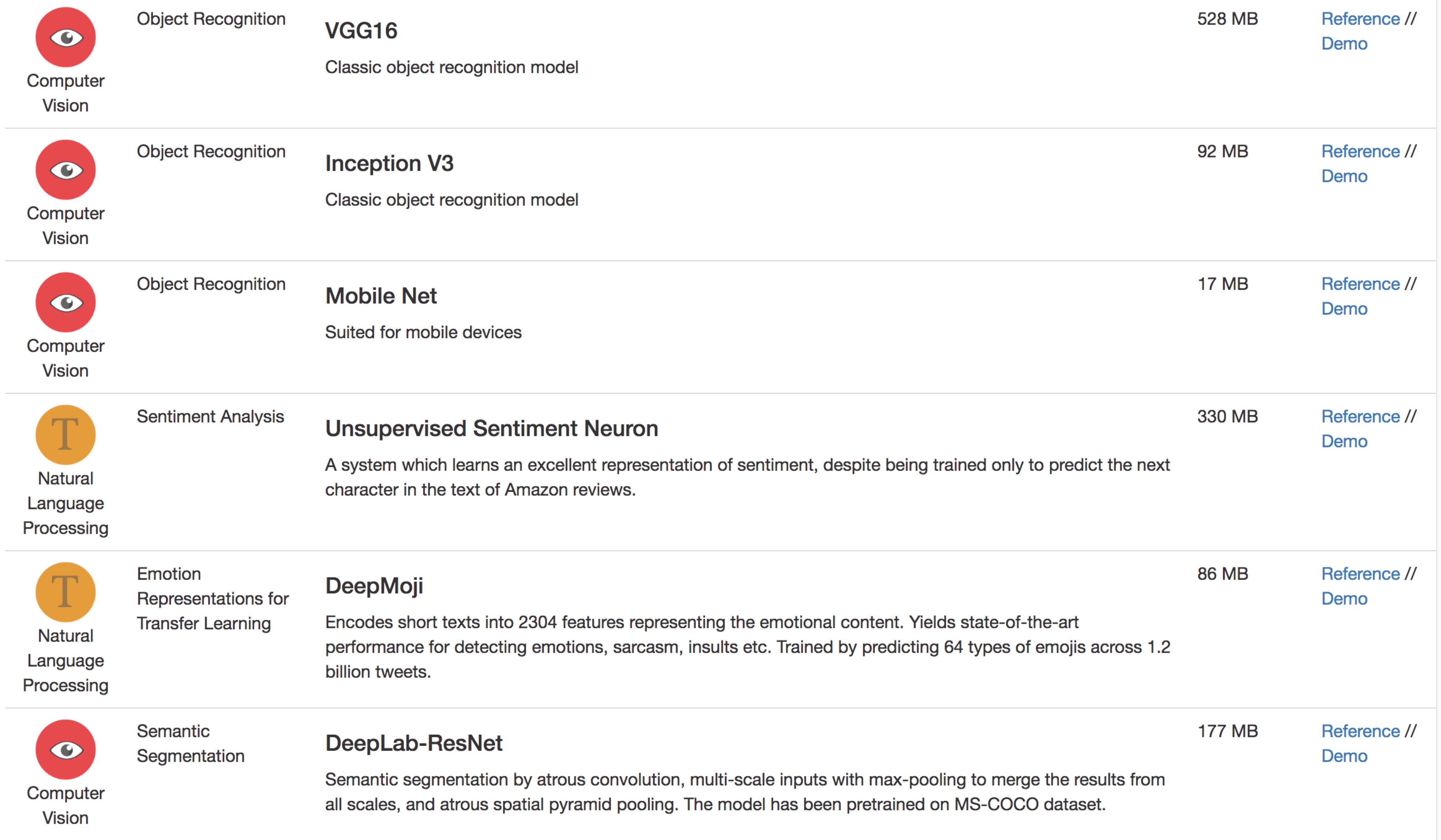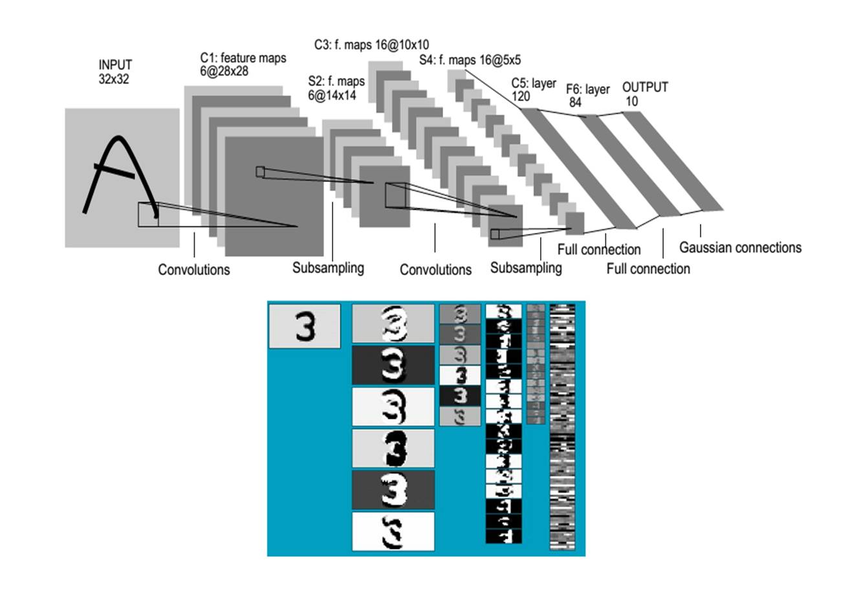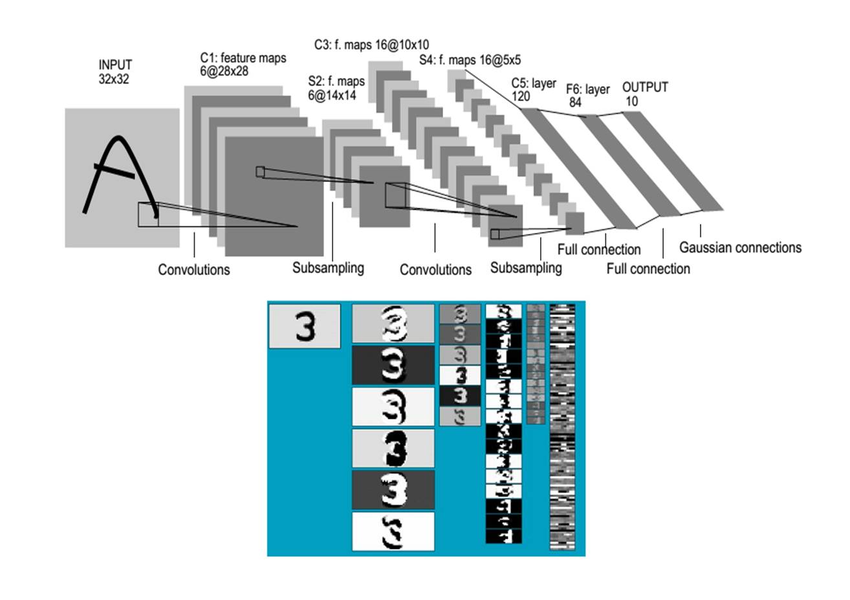保存一个数组到一个二进制文件为 ‘.npy’格式
def save(file, arr, allow_pickle=True, fix_imports=True):
"""
Save an array to a binary file in NumPy ``.npy`` format.
Parameters
----------
file : file, str, or pathlib.Path
File or filename to which the data is saved. If file is a file-object,
then the filename is unchanged. If file is a string or Path, a ``.npy``
extension will be appended to the file name if it does not already
have one.
allow_pickle : bool, optional
Allow saving object arrays using Python pickles. Reasons for disallowing
pickles include security (loading pickled data can execute arbitrary
code) and portability (pickled objects may not be loadable on different
Python installations, for example if the stored objects require libraries
that are not available, and not all pickled data is compatible between
Python 2 and Python 3).
Default: True
fix_imports : bool, optional
Only useful in forcing objects in object arrays on Python 3 to be
pickled in a Python 2 compatible way. If `fix_imports` is True, pickle
will try to map the new Python 3 names to the old module names used in
Python 2, so that the pickle data stream is readable with Python 2.
arr : array_like
Array data to be saved.
See Also
--------
savez : Save several arrays into a ``.npz`` archive
savetxt, load
Notes
-----
For a description of the ``.npy`` format, see the module docstring
of `numpy.lib.format` or the NumPy Enhancement Proposal
http://docs.scipy.org/doc/numpy/neps/npy-format.html
Examples
--------
>>> from tempfile import TemporaryFile
>>> outfile = TemporaryFile()
>>> x = np.arange(10)
>>> np.save(outfile, x)
>>> outfile.seek(0) # Only needed here to simulate closing & reopening file
>>> np.load(outfile)
array([0, 1, 2, 3, 4, 5, 6, 7, 8, 9])
"""


